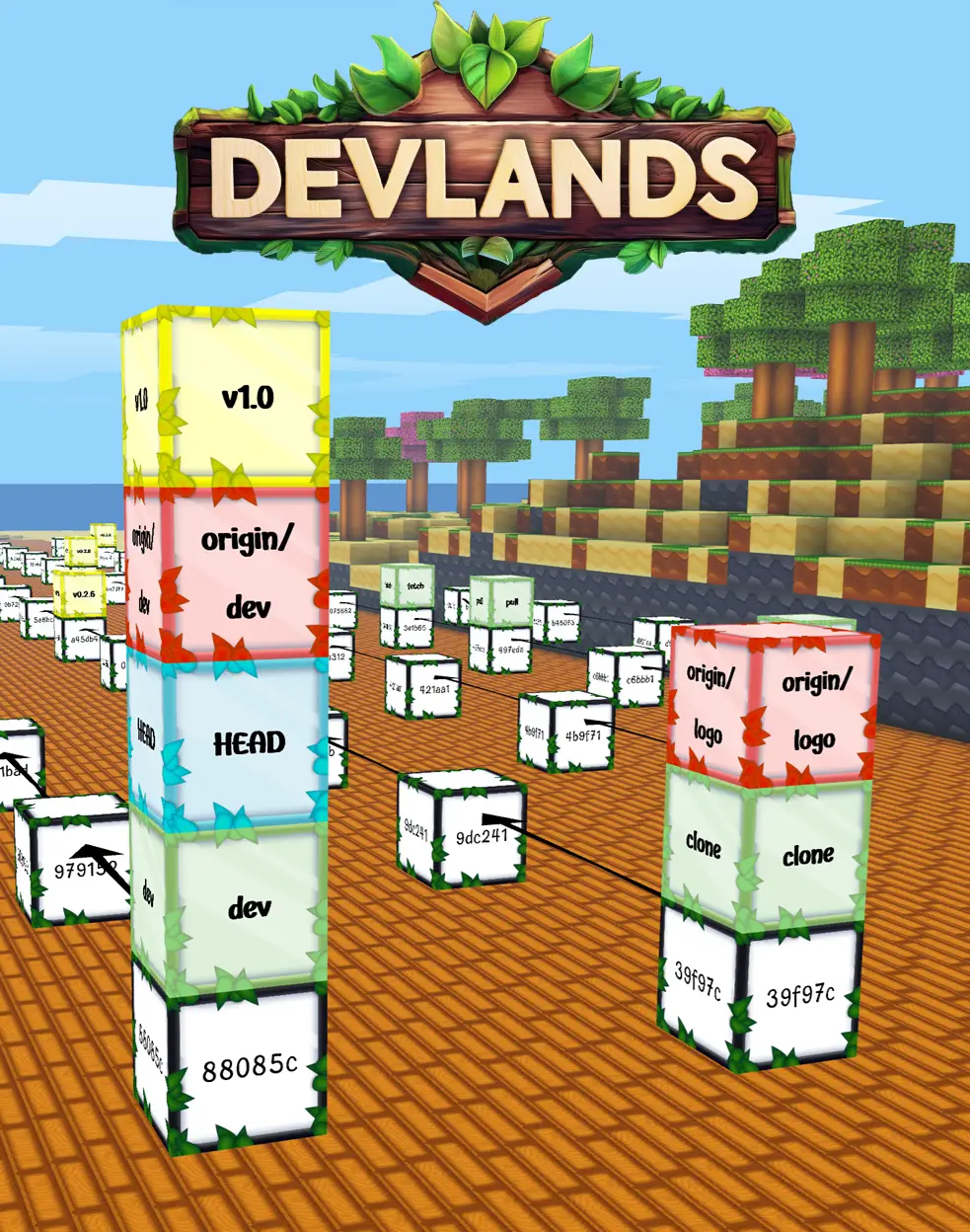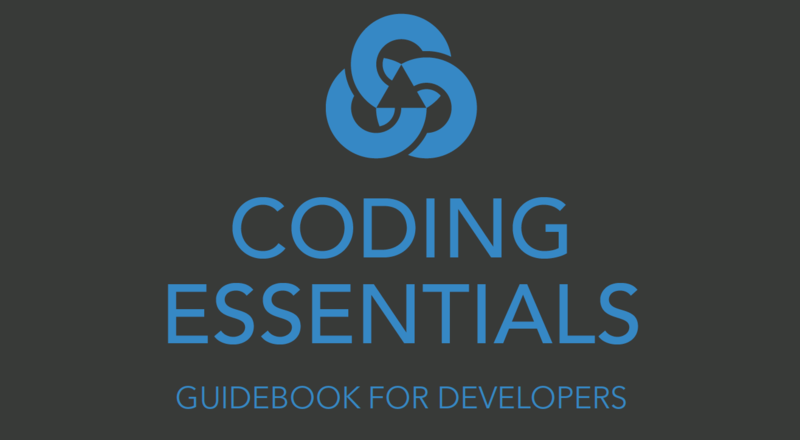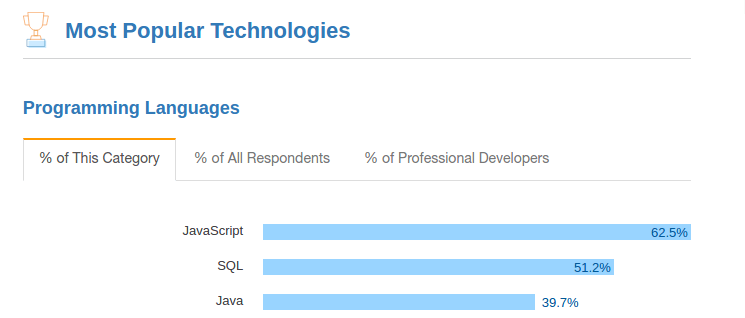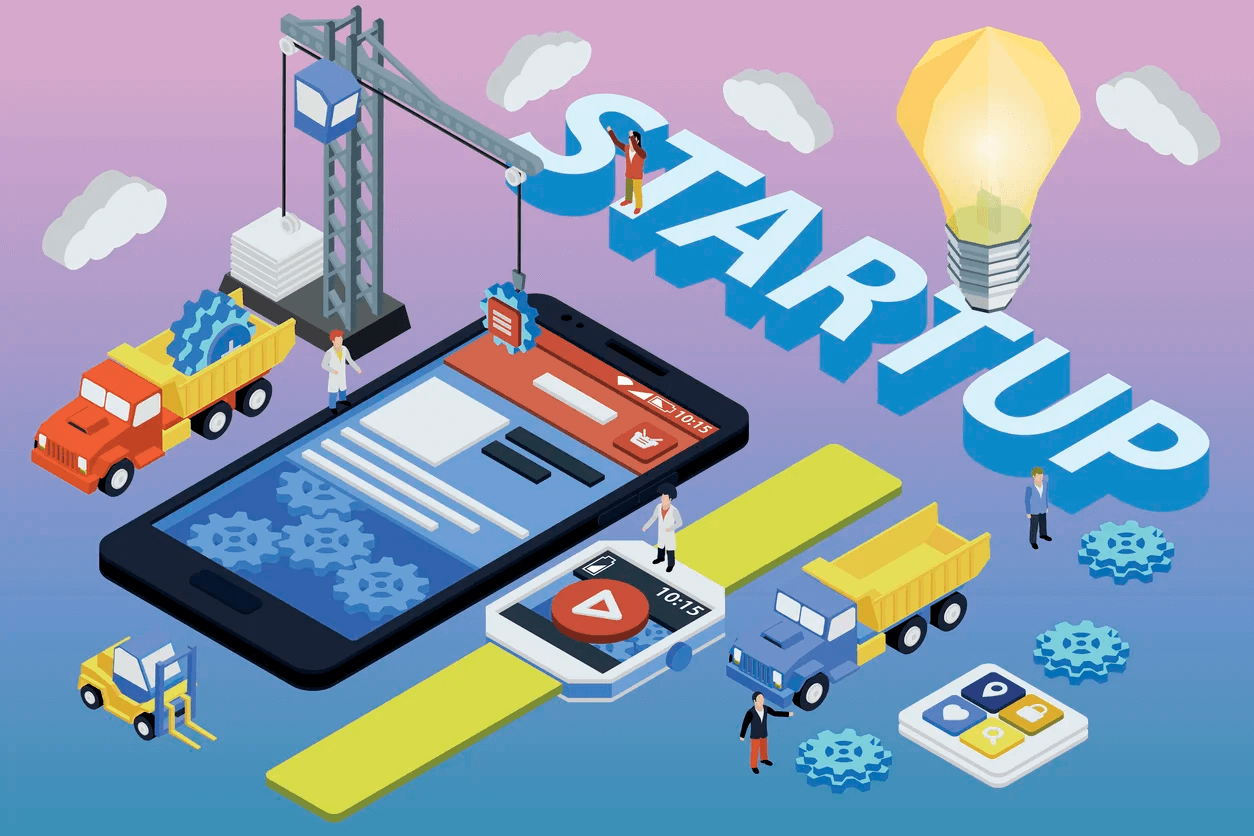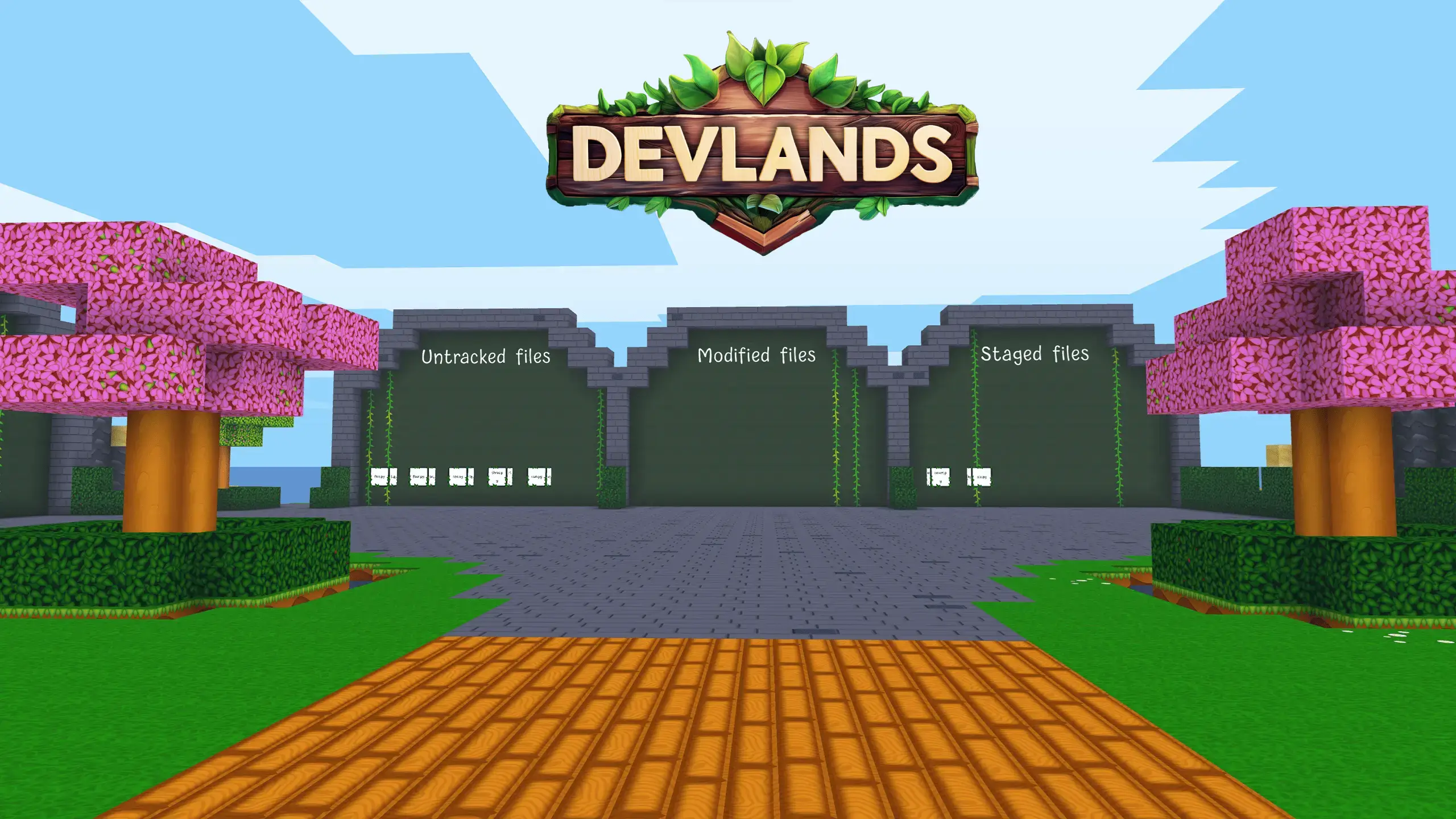How to learn Java with no programming experience
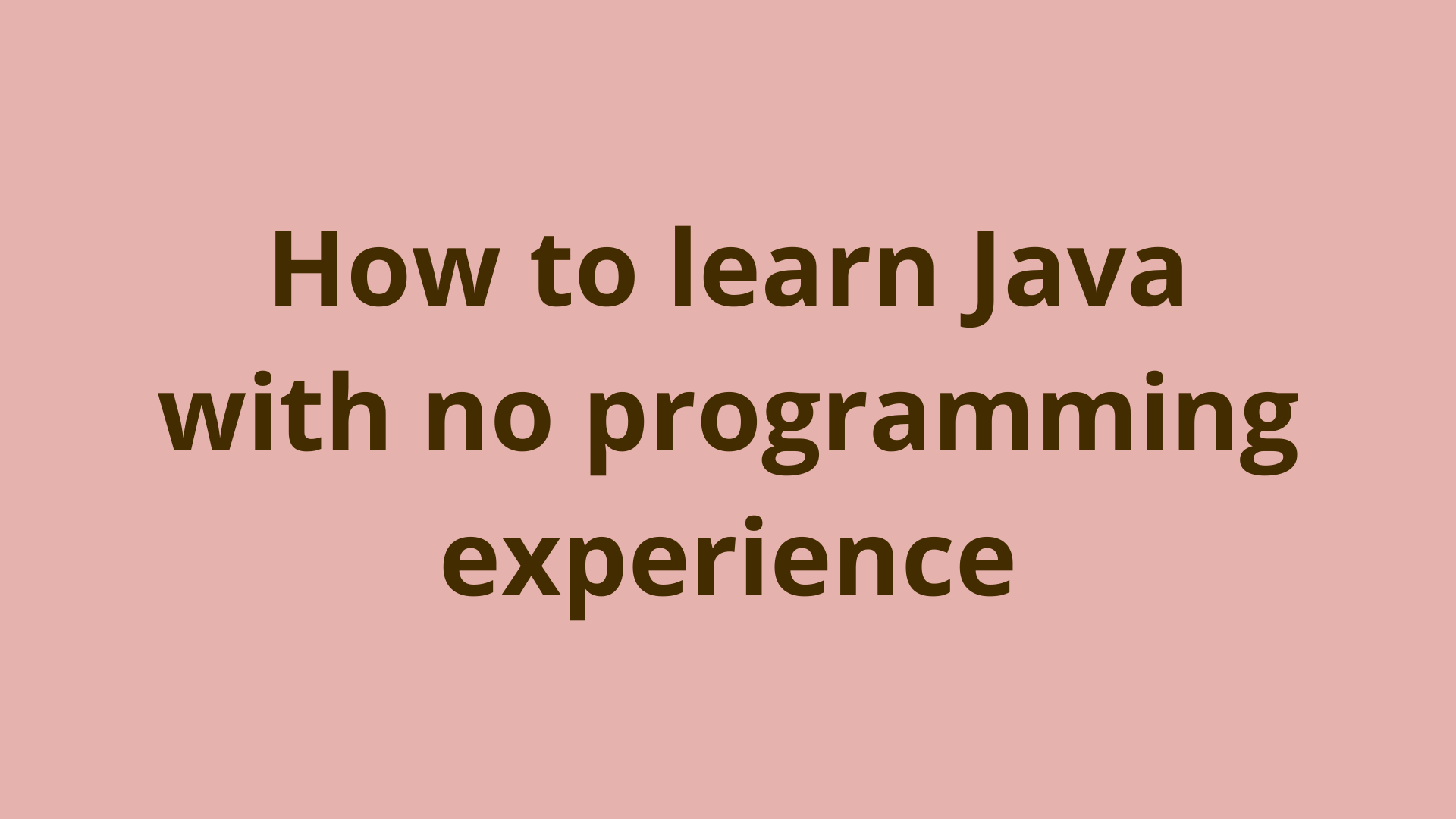
ADVERTISEMENT
Table of Contents
Introduction
Java is an excellent choice for your first programming language. It has a good balance of performance and usability, has a syntax similar to several other languages, and can be used for a wide variety of applications. However, learning programming with no experience can be intimidating regardless of which language you use. The logic and jargon used can be confusing at first, but this is certainly a realm where practice makes perfect. In this article, we will outline how to learn Java with no programming experience.
Learn the Basics
Every aspiring programmer needs to have some basic understanding of how programming works:
- Syntax: What keywords and format does the programming language support?
- Program flow: How does my code flow from one instruction to the next?
- Data structures: How do variables work and what types of values can they hold?
- Paradigms: What features and philosophies are supported by a programming language?
Most of these fundamental concepts are transferable between languages; that is, if you understand how these principles work in Java, for example, you should be able to apply them easily to Python. However, for those with no prior programming experience, it is perfectly feasible to start from scratch.
Coding Tutorials
Interactive coding tutorials are one of the best ways to get your feet wet with a new programming language. Tutorials not only provide the information you need to learn to code, they also include exercises and programs with live feedback. This let you dive in and start building up your mental muscle memory for how a language works.
Start a Project
Once you start getting comfortable with Java, we recommend applying it to your own life. While tutorials are excellent for learning the basics of a language, only a project can give you the real-world experience needed to become a skilled developer.
A great strategy for picking a project is to try and find something important to you personally. This will increase the odds that you stick with it and avoid getting sidetracked or bored. A good project will give you a way to improve your own life, even if only in a minor way. Here are a few general examples that might help you pick something:
- Is there a manual, repetitive task that you do at work? Maybe you could automated it with code and boost your productivity.
- Do you have a hobby that you want to share with the world? Create a simple website to showcase your interest.
- Want to stay more informed? Create a program that downloads the latest articles from a few news sources and emails them to you each day.
- Don't like any of the to-do list apps available on the app store? Make your own, with all of the unique features you want.
Keep in mind that you may not finish your first project to completion. Most programmers have more half-finished projects than completed ones. At this point, what you learn by working on a project is more valuable to your programming journey than the project itself. Even an incomplete project is successful if you learn something from it.
Find a Niche
During your project, you will likely need to learn how to use certain technologies or libraries. If you have trouble thinking of a project to work on, or want to enter a certain area of the programming industry, you can instead choose to dive deep into a niche.
Below are a few of Java's most popular uses:
-
Web servers: Java is commonly used to write APIs and other backend web servers. If you would like to get into web development, we recommend learning how to use a web framework library like Spring Framework. We use Spring Boot to power the Initial Commit website.
-
Desktop applications: JavaFX is the library of choice for developing cross-platform desktop applications. If you would prefer to learn a more modern and cross-language GUI library, however, you can try Qt Jambi, a Java port of the popular Qt GUI library.
-
Mobile applications: Java is the language of choice for developing Android apps. If you want to see your idea featured on Google Play, we recommend downloading Android Studio and following Android's developer tutorial series.
-
Games: Video games certainly aren't a small niche, but Java is not as frequently used for game development now compared to ten years ago. If you would like to follow the footsteps of Minecraft and other Java-based games, try learning how to use a game library like LibGDX or LWJGL.
-
Computer vision: Java's cross-platform nature makes it optimal for computer vision and image processing algorithms that need to run everywhere. If you want to try your hand at basic face detection, you can try using OpenCV, the most popular computer vision library.
Conclusion
In this article, we discussed some ways that you can start learning Java with no prior coding experience.
If you're interested in learning the basics of coding and software development, check out our Coding Essentials Guidebook for Developers.
Thanks and happy coding! We hope you enjoyed this article! If you have any questions or comments, feel free to reach out to jacob@initialcommit.io.
Final Notes
Recommended product: Coding Essentials Guidebook for Developers
